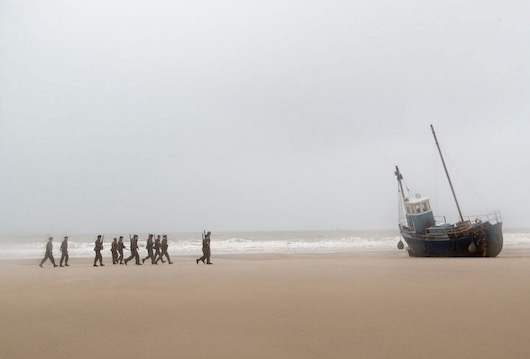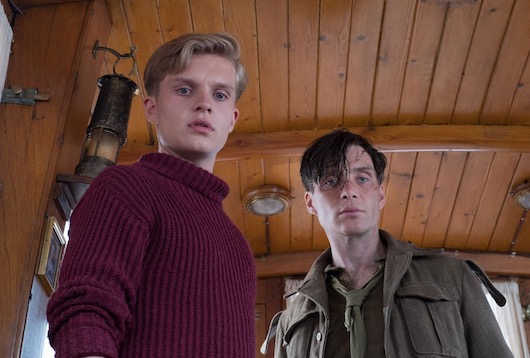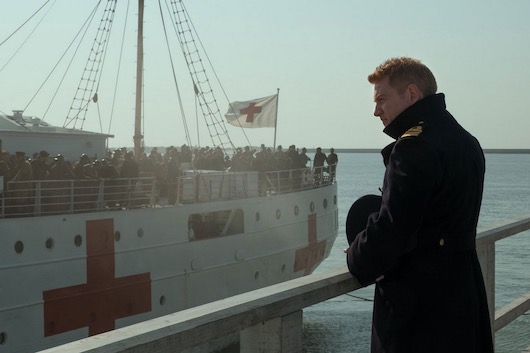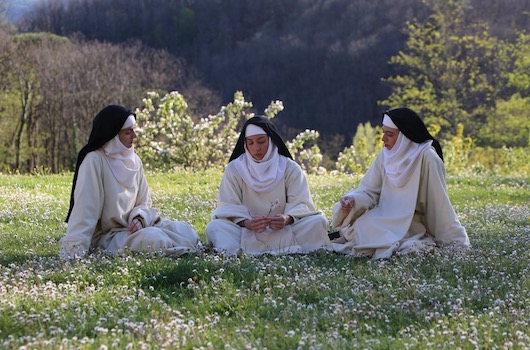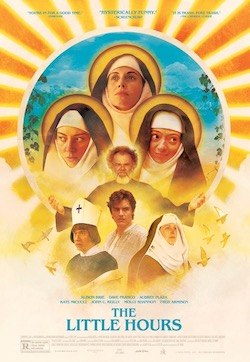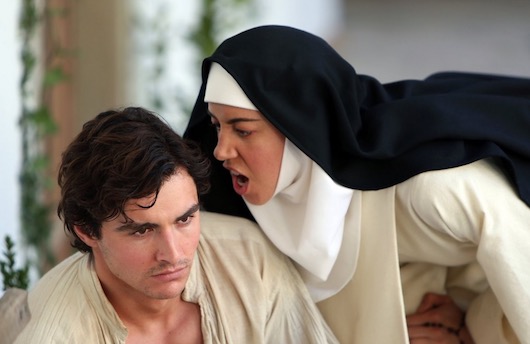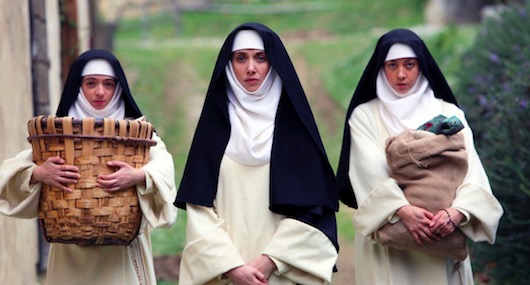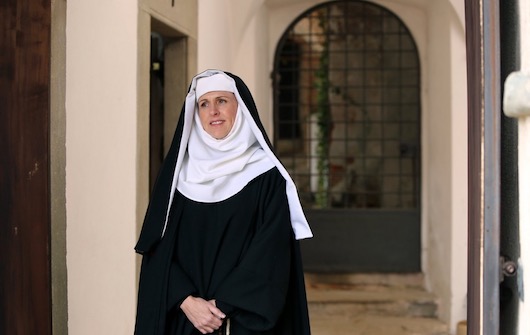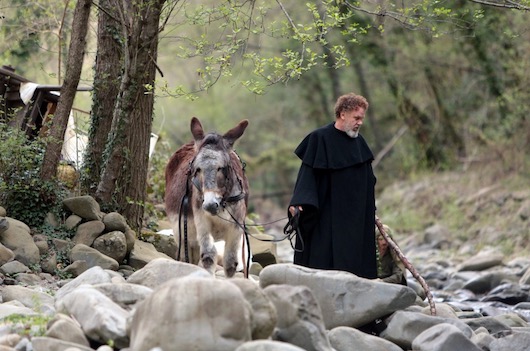 FILM
FILM In Which It Would Be Best If We Did Not Speak Of Valerian
 Tuesday, July 25, 2017 at 8:00AM
Tuesday, July 25, 2017 at 8:00AM 
No Longer Professional
by ETHAN PETERSON
Valerian and the City of a Thousand Planets
dir. Luc Besson
137 minutes
 Laureline (Cara Delevingne) and Valerian (Dane DeHaan) are exactly the same size, with exactly the same lips, with identical throaty timbers to their voices. Watching them kiss is like pressing the heads of two mushrooms together. "Will you marry me?" Valerian asks her as soon as he can – it is quite literally three minutes into the movie that he proposes to her – not super seriously, but more like a flirtation. At the end of the movie he is gobsmacked when she accepts. This is actually far and away the best part of Valerian and the City of a Thousand Planets, although there is no sex and Laureline wears a series of increasingly more conservative outfits throughout the movie.
Laureline (Cara Delevingne) and Valerian (Dane DeHaan) are exactly the same size, with exactly the same lips, with identical throaty timbers to their voices. Watching them kiss is like pressing the heads of two mushrooms together. "Will you marry me?" Valerian asks her as soon as he can – it is quite literally three minutes into the movie that he proposes to her – not super seriously, but more like a flirtation. At the end of the movie he is gobsmacked when she accepts. This is actually far and away the best part of Valerian and the City of a Thousand Planets, although there is no sex and Laureline wears a series of increasingly more conservative outfits throughout the movie.
Usually when a character finds himself, he casts off the various trappings and limitations of his existence for a freer, more carefree life devoid of the anxiety that held them back. Throwing off the Puritan influence is a very American thing to do as you get older, but in Valerian and the City of a Thousand Planets, you begin as a frivolous, sex-crazed tramp and you turn into an overserious family man. In his last, most bizarre monologue, Valerian explains to Laureline that he has a duty to something larger than himself. He states to her without any irony whatsoever, despite the fact that in the previous scene he learned his organization was responsible for genocide. "I work for the government," he states in Mr. Besson's excrecable script. "I have a responsibility." This is like making a Holocaust movie where upon discovering the death camps, the protagonist immediately restarts the trains.

The species that Valerian's people decide to eliminate are a humanoid group of translucent blue bipeds who powered their planet through environmentally sustainable pearls they harvest from the ocean. Well, believe you me, if coal and oil could simply be lifted out of the ocean, we would have almost no problems at all. Is this where the French believe their power comes from? Because the essentials of life come so easily to these azure creatures, they have never evolved past a primitive society and have no knowledge of technology.

After they are almost annihilated by it, they decide they had better learn. Unfortunately, they have no more pearls, and the tiny creatures that multiply these little spheres are nowhere to be found, either. There is one left, though, and when they go to pay a merchant for it, Valerian intervenes and takes it instead. Laureline's job during this important mission is to take the cargo back to the ship.

Once they have the treasure, Valerian and Laureline head to a place called Alpha, where all the denizens of the universe cohabitate together in one metropolis. We only see the wider city when Valerian asks his ship for some images of the place; afterwards, when Valerian and Laureline are on Alpha, it is mostly just grey corridors.
There are some aliens they encounter at this point, all of whom look and sound like Jar Jar Binks. Did Luc Besson rent The Phantom Menace by accident and assume that it was the first Star Wars? The special effects at work here would be a lot more impressive if there was one alien in the bunch who was more than a caricature for Laureline to verbally abuse.

At this point Clive Owen shows up, intent on destroying what remains of his long and industrious career in the cinema. The weird thing about Valerian, besides the many oddities I have detailed against my better wishes, is that Owen's commander character is essentially the only other person in the entire film. I mean, My Dinner with Andre did not have very many characters, either, but there was a pretty good reason for that.

There is one other entity who gets more than two minutes of screen time, although it is not really very much more. Bubble (Rihanna) is a slave whose master (Ethan Hawke, who else) forces her to perform in a number of different guises. Dane is sympathetic to Bubble, so he forces her at gunpoint to ensconce him like a second skin so he can save Cara from a particularly malevolent group of aliens who want to snack on her delicate brains. After Bubble completes this task, she dies from a wound we never see her suffer.
Valerian and the City of a Thousand Planets is very boring to sit through, but more than that, it is a nasty, cynical racist piece of trash.
Ethan Peterson is the reviews editor of This Recording.































